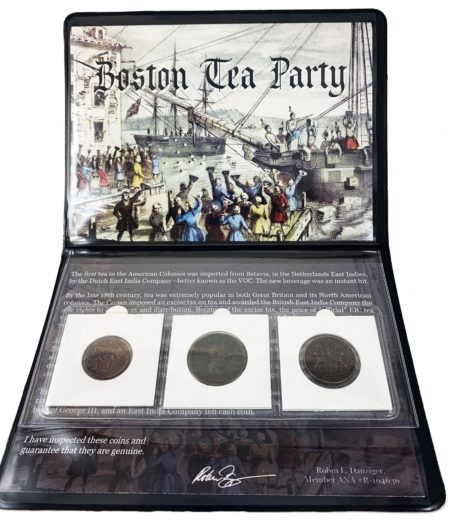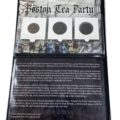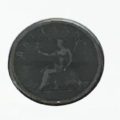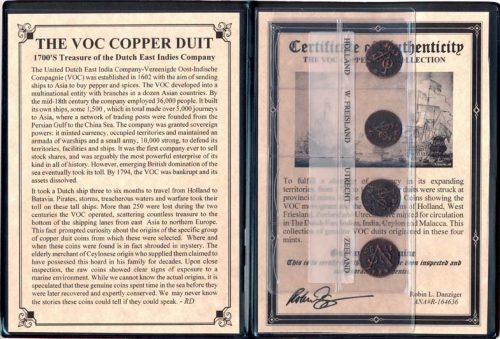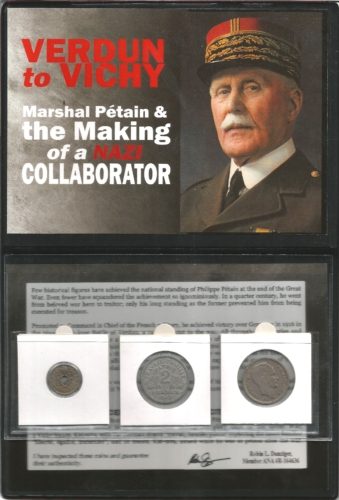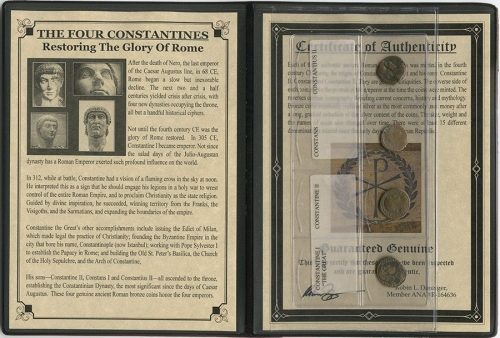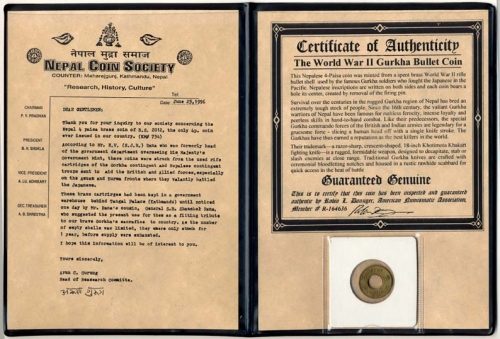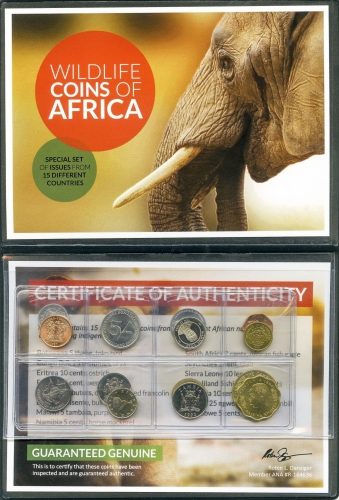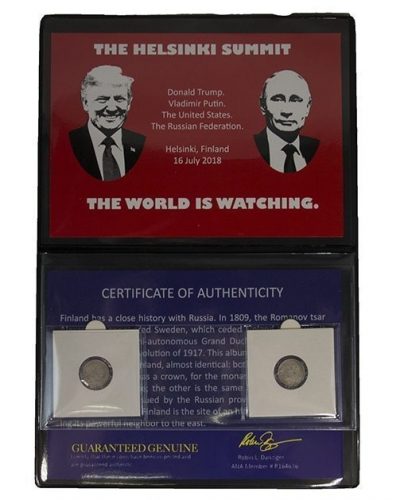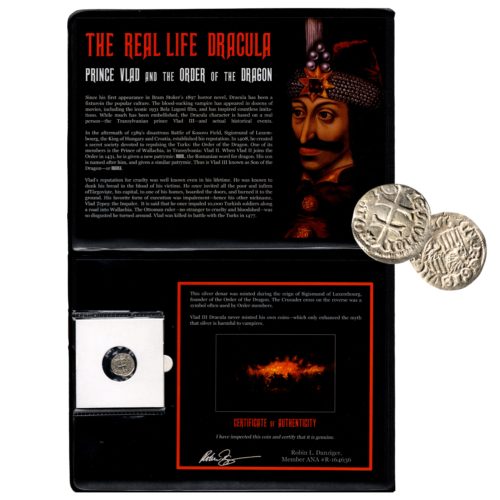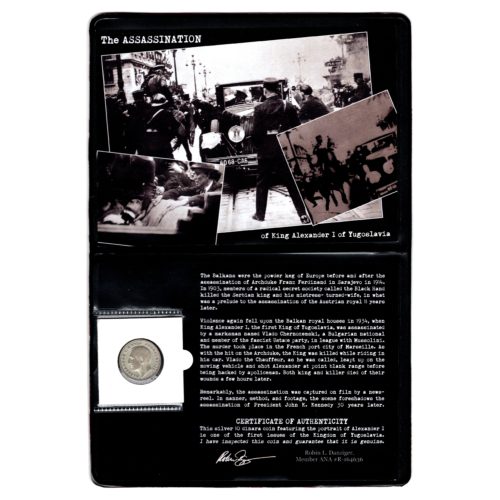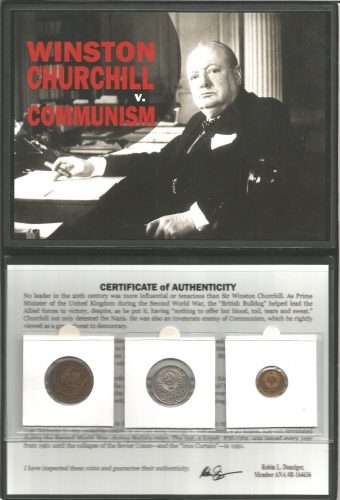Description
The first tea in the American Colonies was imported from Batavia, in the Netherlands East Indies, by the Dutch East India Company—better known as the VOC. The new beverage was an instant hit.
By the late 18th century, tea was extremely popular in both Great Britain and its North American colonies. The Crown imposed an excise tax on tea and awarded the British East India Company the sole rights to its import and distribution. Because of the excise tax, the price of ”official“ EIC tea was far more costly than black-market VOC tea. The string of Acts of Parliament in the 1760s and
70s were mostly an attempt by the Crown to make the EIC whole.
All of this came to a head in December of 1773, when American patriots, many of them dressed as Mohawks, boarded East India Company ships anchored in Boston harbor and destroyed an entire shipment of tea—some $2 million worth, in today’s dollars. The Boston Tea Party was a significant event that helped accelerate and intensify colonial support for the American Revolution. After the
destruction of the tea, many Americans switched to coffee, as a sign of patriotism.
This album contains three coins in circulation when the name ”Boston Tea Party“ was coined for the protest in 1834: a Dutch East Indies half stuyver from Batavia, a British half penny with the
bust of George III, and an East India Company ten cash coin.

